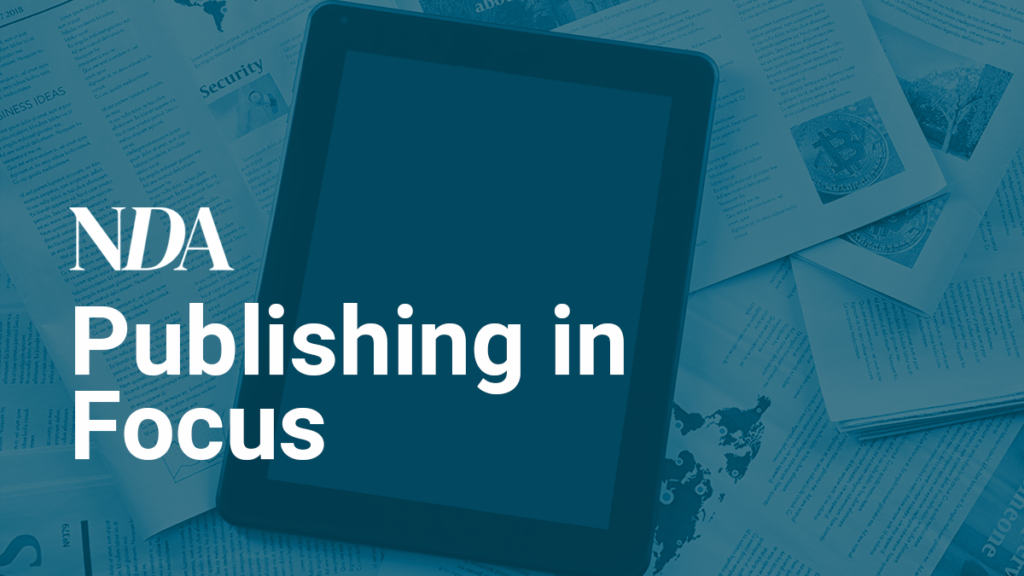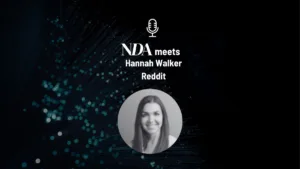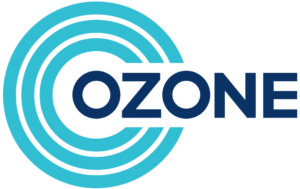It’s almost trite but true to say digital advertising has enjoyed a meteoric rise since its inception since the first online ad was posted in 1994. From humble beginnings it now accounts for more than all of half ad spend globally.
In fact, Statista last month calculated some 325 billion global US dollars was spent in 2019 and will grow to a predicted $389bn this year (after a coronavirus related drop in 2020).
But it’s a picture that fails to reflect the true state of the industry, with much of this spend being funnelled to just a few giant platforms. Premium publishers particularly have spent the last decades chasing their tails.
They have been locked into an ecosystem where they are at the mercies of others – the middle-men cutting value from the chain and ‘advances’ in automation that have driven down prices and somewhat commoditised the open web.
And yet a perfect storm of potentially disastrous changes mean that, in 2021, there is a sense of purpose, confidence and innovation around the industry. It’s why New Digital Age is dedicating its latest In Focus strand on the industry.
Legislation such as the EU’s General Data Protection Regulation (GDPR) and changes by the browsers to get tough on third party cookies has meant that publishers took an immediate hit to their revenues. Yet there was still plenty for advertisers to play for until Google pledge to purge them from its market-leading Chrome browser. Now the industry at large has a deadline to aim for – and it’s less than a year away.
Publishers are also benefiting from a resurgence of trust in the verity of premium sources over the uncollated, often unedited and sometimes “fake news” populated by the platforms – for readers and advertisers alike. That’s ratcheted enormously during the past year of COVID, but the signs were already there around the controversy of Donald Trump’s presidency and world events such as Brexit, the Australian bush fires and more.
Little wonder that Facebook has launched its News feature in the UK: it says the initiative will help traditional publishers that have struggled financially, but it’s also indicative of the growing power news brands such as Channel 4, Telegraph Media Group, The Economist and Guardian have.
Jesper Doub, director of news partnerships in Europe for Facebook, wrote in a blog: “The product is a multi-year investment that puts original journalism in front of new audiences as well as providing publishers with more advertising and subscription opportunities.”
At the same time there has been a resurgence in ‘context’ – whereby advertisers are increasingly looking for value over price and more concerned about where their ads might run. Improvements in technology and a focus on first party data are also giving publishers new insights into their audiences, allowing them to rediscover those people “lost” as tracking cookies disappear and more able to focus on sentiment rather than clunky keyword block lists.
With a commitment together to find solutions that respect the spirit as well as the letters of these new privacy-first laws and changes, publishers have perhaps never had it so good online.
Over the coming weeks, we will be hosting news, features, comment pieces, podcasts and roundtables on all things publishing with our partners and contributors.









